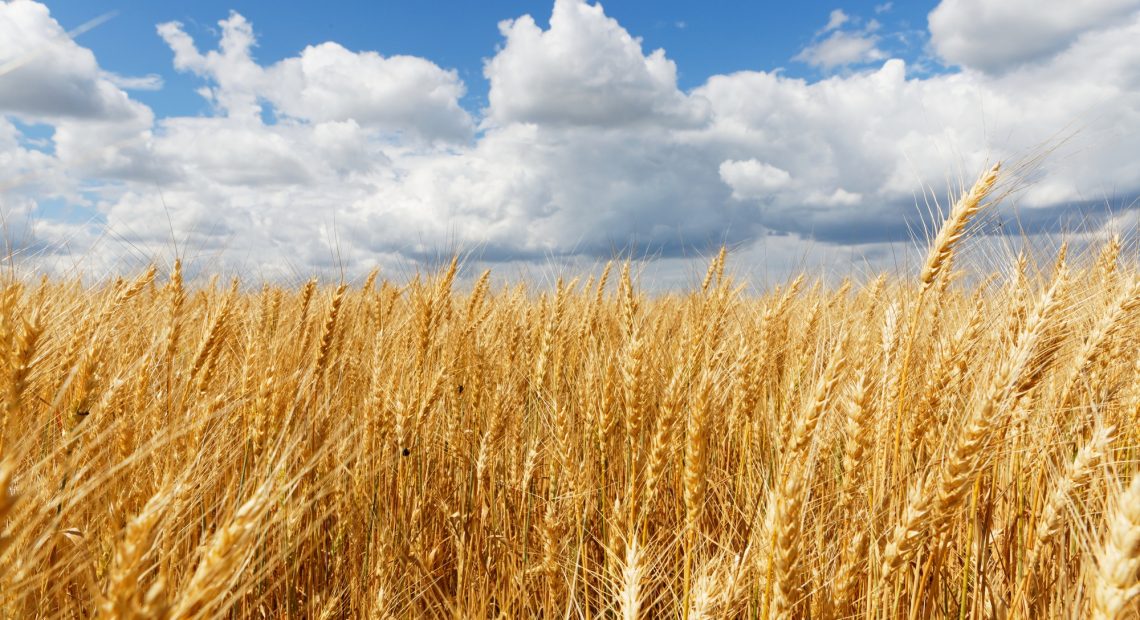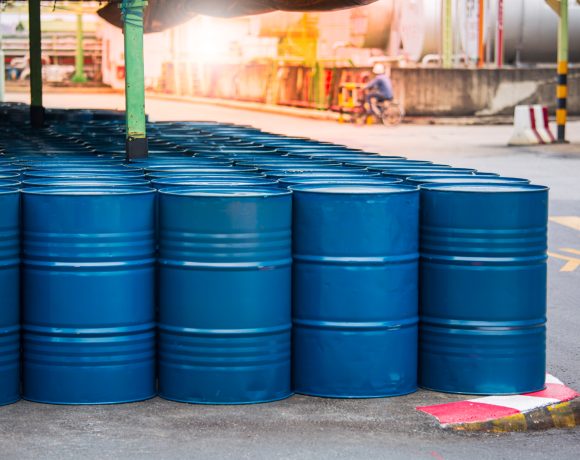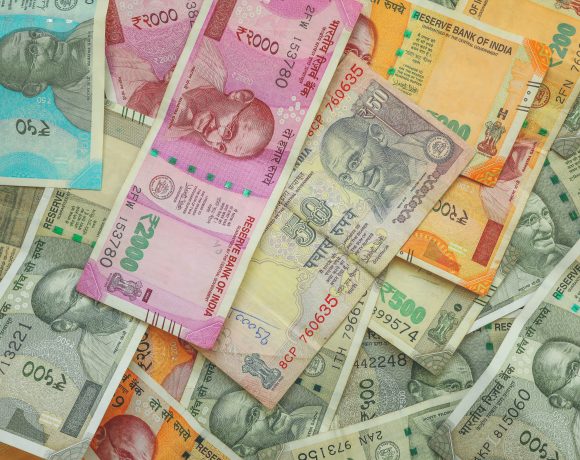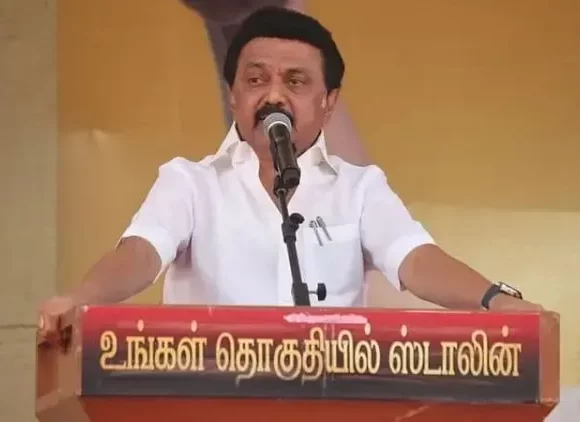
India Defends Wheat Export Ban at WTO Amid Price Concerns
India has officially reaffirmed its decision to continue the wheat export ban at the World Trade Organization (WTO), citing persistent global price volatility and the need to ensure domestic food security. First imposed in May 2022, the restriction remains classified under WTO norms as a shift from “free” to “prohibited,” with India asserting the ban is essential to prevent inflation and maintain stable supplies, especially during festival and election seasons.
Wheat Export Ban Extended
India’s submission to the WTO’s Committee on Agriculture made clear that despite an anticipated record harvest—estimated at 115.4 million tonnes—the government will retain the ban to safeguard against domestic shortages. The decision comes amid fluctuating global market conditions, rising food inflation, and logistical uncertainties.
While the export of wheat remains banned in general, India has stated that limited exemptions will be allowed on a government-to-government basis, particularly for humanitarian aid or strategic diplomatic needs. Countries such as Qatar and Oman have previously benefited from such waivers.
Safeguarding Food Security
Domestic considerations remain at the heart of India’s position. With food inflation high and wheat forming a critical part of the national Public Distribution System (PDS), the government is taking a cautious approach to ensure uninterrupted access to essentials. Officials argue that while production has increased, internal demand and stock maintenance needs still necessitate export restrictions.
The wheat ban complements other measures such as restrictions on rice, sugar, and onions, aimed at controlling overall food inflation. The government has also been adjusting procurement prices and stock levels to match the evolving consumption patterns.
Managing Price Volatility
The global wheat market continues to be unstable due to factors like the Russia-Ukraine conflict, supply chain disruptions, and speculative trading. India maintains that lifting the ban under such circumstances would expose its food system to unnecessary risks. The government views the measure as a form of strategic insulation to protect domestic prices and ensure sufficient reserves.
However, economists caution that prolonged export bans could distort long-term agricultural investment. Farmers, facing limited export opportunities, might pivot to more profitable crops, potentially weakening India’s future wheat output. Additionally, substitutes like rice and millets may see demand-driven price surges, amplifying overall food inflation.
Strategic Balance and Global Trade
India has positioned its export ban as a temporary safeguard rather than a permanent barrier. It continues to emphasize its openness to trade diversification, having increased exports of fruits, vegetables, spices, oilseeds, and processed foods to balance global expectations.
Despite criticism from some WTO members, India insists its approach is measured and rooted in sovereign responsibility to protect over 1.4 billion citizens from food insecurity. The country has also made it clear that humanitarian considerations will guide any exception to the ban, reinforcing its role as a responsible stakeholder in the global food system.
For now, India’s wheat export ban is expected to remain until both domestic conditions and international prices stabilize, ensuring that strategic food reserves remain adequate and inflation remains under control.


















